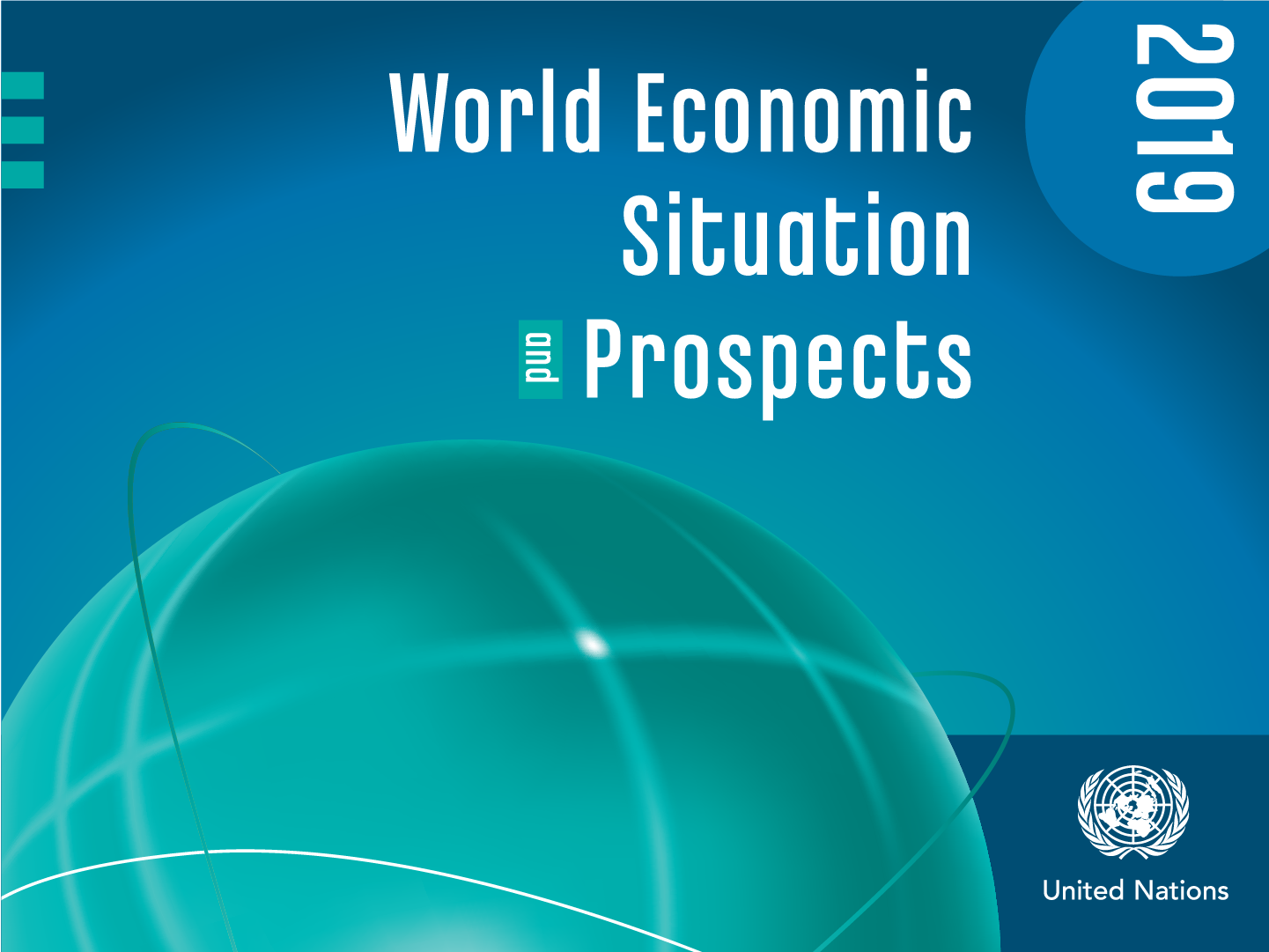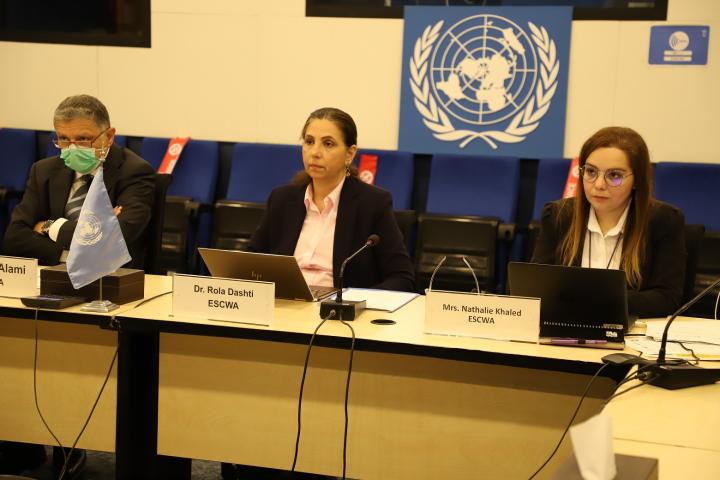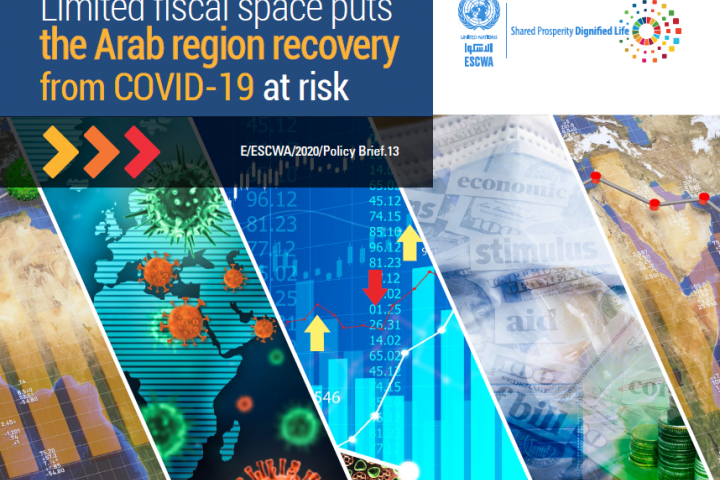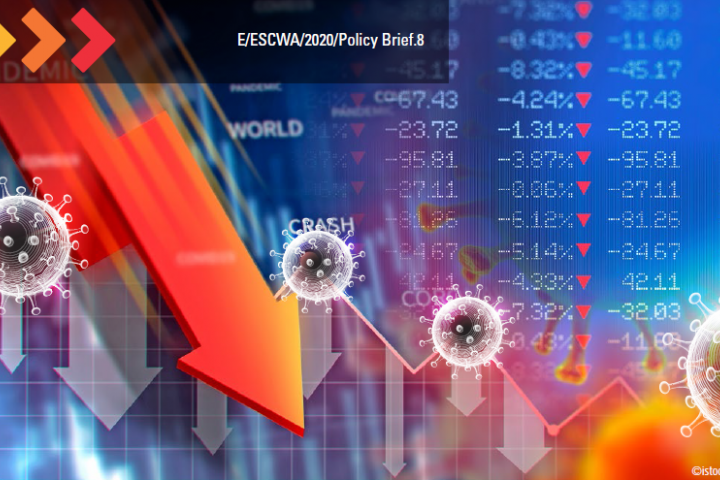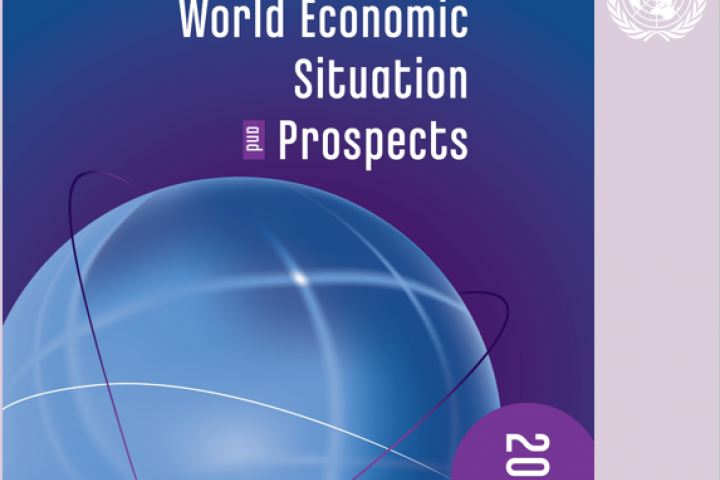Hydrocarbon-reliance and geopolitical tensions weigh on growth in Western Asia
Beirut-New York, 21 January 2019 (Communication and Information Unit)--The global economy will continue to grow at a steady pace of around 3 per cent in 2019 and 2020 amid signs that global growth has peaked. However, a worrisome combination of development challenges could further undermine growth, according to the United Nations World Economic Situation and Prospects (WESP) 2019, which was launched today.
UN Secretary-General António Guterres cautioned, “While global economic indicators remain largely favourable, they do not tell the whole story.” The World Economic Situation and Prospects 2019, he said, “raises concerns over the sustainability of global economic growth in the face of rising financial, social and environmental challenges.”
Growth prospects in Western Asia
In Western Asia, the reliance on hydrocarbon exports and remaining geopolitical tensions continue to weigh heavily on the region’s growth prospects for 2019-20.
Higher average oil prices in 2018 have not only contributed to fiscal balance improvements but also influenced positively economic sentiment in the region’s major crude oil producers, namely the member countries of The Cooperation Council for the Arab States of the Gulf (GCC): Bahrain, Kuwait, Oman, Qatar, Saudi Arabia and the United Arab Emirates. On the other hand, growth in energy-importing countries in the region—Jordan, Lebanon, and Turkey—has been mostly subdued, partly because of deteriorating terms of trade and tighter fiscal stances.
The region’s economic expansion in 2019 and 2020 is expected to be modest. Despite the increasing uncertainty in oil markets, the non-oil sector in GCC economies is projected to expand, deepening linkages to East and South Asian economies. Ongoing policy reforms and fiscal consolidation are expected to bring macroeconomic resilience to energy-importing countries. However, positive impacts of both factors are forecast to be limited in the short run. Moreover, geopolitical uncertainty is expected to continue to hamper the region from achieving its economic potential.
Risks and policy challenges
The world economy is faced with a confluence of risks with the potential to severely disrupt economic activity and inflict significant damage on longer-term development prospects. These risks include waning support for multilateral approaches; the escalation of trade policy disputes; financial instabilities linked to elevated levels of debt; and rising climate risks, as the world experiences an increasing number of extreme weather events.
In Western Asia, the economies remain vulnerable to the uncertainty in oil markets, highlighted by the plunge in oil prices in the fourth quarter of 2018. The region is also vulnerable to geopolitical risks given the lack of firm political commitments for conflict resolution and prevention.
The policy environment remains challenging on the fiscal front. Across the region, there are significant efforts for fiscal consolidation. Countries such as Jordan, Lebanon and Turkey are expected to go through serious fiscal adjustments over the coming years. The ongoing fiscal reforms in GCC countries, including subsidy reforms, revenue mobilization, and the introduction of the Value Added Tax (VAT), are crucial for GCC countries to diversify the economy away from hydrocarbons.
The prolonged armed conflict has caused large-scale displacement of the population in Iraq, Syria and Yemen, resulting in a fragmented labour market for both the public and private sectors. While employment creation continues to be the most important issue on the policy agenda in the region, the current situation is even more challenging. This is particularly the case in the region’s conflict-affected countries, where humanitarian crises continue.
For more information, please visit: www.un.org/development/desa/dpad/wesp-report
*****
For more information:
Nabil Abu-Dargham, Head, ESCWA Communication and Information Unit
+961-70-993-144; email: dargham@un.org
Ms Rania Harb +961-70-008-879; email: harb1@un.org
